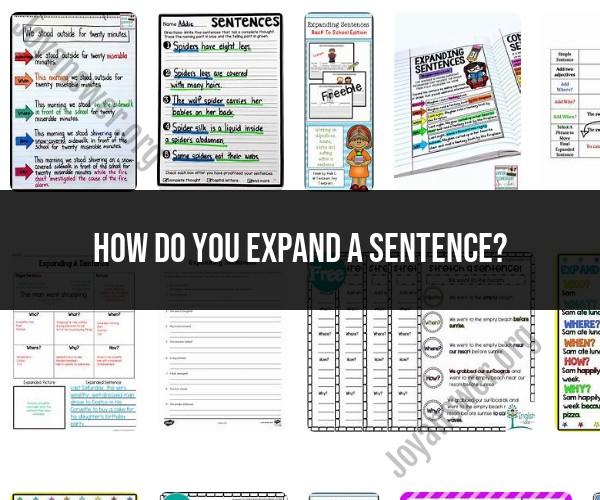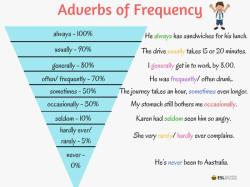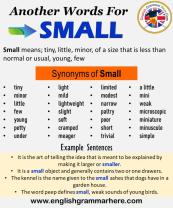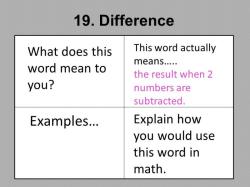How do you expand a sentence?
Expanding a sentence involves adding more information, detail, or context to make it clearer, more informative, or more engaging. This can enhance the richness of your writing and help your readers better understand your ideas. Here are techniques and tips for expanding a sentence:
Add Descriptive Details:
- Include descriptive adjectives and adverbs to provide more information about nouns and verbs.
- Example: "The bright sun shone in the clear blue sky" instead of "The sun shone."
Provide Examples or Illustrations:
- Offer examples, anecdotes, or specific instances to illustrate your point.
- Example: "She showed remarkable leadership skills, often guiding her team through challenging projects."
Include Supporting Evidence:
- Incorporate facts, statistics, research findings, or quotations to support your statement.
- Example: "According to recent surveys, the majority of customers prefer online shopping due to its convenience."
Offer Explanations or Reasons:
- Explain why something is true or provide reasons behind your statement.
- Example: "He was absent from work due to a severe illness that required hospitalization."
Specify Time, Place, or Quantity:
- Include information about when, where, or how much something happened.
- Example: "The meeting took place in the conference room at 3 PM."
Use Subordinate Clauses:
- Incorporate dependent clauses (subordinate clauses) to add more information or background context.
- Example: "Although it was raining heavily, they continued with the outdoor event."
Combine Sentences:
- Merge two or more short sentences into one to create a longer and more complex sentence.
- Example: "The project was successful. It exceeded our expectations." → "The project was not only successful but also exceeded our expectations."
Provide Context or Background Information:
- Offer background details or context to help readers understand the situation better.
- Example: "The historic monument, built in the 18th century, attracts tourists from all over the world."
Include Comparisons or Contrasts:
- Compare or contrast elements to highlight similarities or differences.
- Example: "Compared to last year's sales, this year's figures show a significant increase."
Create Complex Sentences:
- Combine independent clauses with dependent clauses to form complex sentences.
- Example: "While she enjoys cooking, he prefers dining out."
Add Dialogue or Direct Speech:
- Incorporate conversations or quotes to provide real-life perspectives or interactions.
- Example: "She said, 'I can't make it to the meeting tomorrow.'"
Emphasize Impact or Consequences:
- Describe the impact or consequences of an action or event.
- Example: "The environmental damage caused by the oil spill was extensive, affecting marine life for years."
Vary Sentence Structure:
- Use a variety of sentence structures, including compound, complex, and simple sentences, to keep your writing engaging.
Consider Your Audience:
- Tailor your expansion to your audience's level of knowledge and interest. Provide enough detail without overwhelming them.
Edit and Revise:
- After expanding a sentence, review it to ensure it is clear, concise, and coherent. Remove any unnecessary or redundant information.
Expanding sentences is a valuable skill in writing, as it can enhance your communication, engage your readers, and provide a deeper understanding of your subject matter. Experiment with these techniques to find the right balance and level of expansion for your writing context.
Expanding Sentences: Techniques for Enriching Your Writing
Expanding sentences is a great way to improve your writing skills. It can help you to:
- Provide more detail and information
- Make your writing more engaging and interesting
- Improve your sentence structure and grammar
Here are a few techniques for expanding sentences:
- Add more descriptive language. Instead of using vague words, use specific and descriptive language to paint a picture in your reader's mind. For example, instead of saying "The house was big," you could say "The two-story Victorian house stood proudly on the hill, its wraparound porch and ornate gingerbread trim gleaming in the sunlight."
- Use sensory details. Appeal to your reader's senses by including sensory details such as sight, sound, smell, taste, and touch. For example, instead of saying "The food was delicious," you could say "The aroma of freshly baked bread filled the air, and the first bite was a symphony of flavors: the sweetness of the caramelized crust, the savory richness of the filling, and the tangy bite of the cheese."
- Vary your sentence structure. Avoid using the same sentence structure over and over again. Mix things up by using different types of sentences, such as simple sentences, compound sentences, complex sentences, and compound-complex sentences.
- Use transition words. Transition words help to connect your ideas and make your writing flow more smoothly. Some common transition words include and, but, because, therefore, however, and moreover.
Sentence Enhancement: Strategies to Expand Your Writing
Here are a few additional strategies for expanding your writing:
- Add examples and illustrations. To support your claims and make your writing more concrete, add examples and illustrations. For example, instead of saying "Dogs are loyal animals," you could say "Dogs are loyal animals. For example, the story of Hachiko, the Japanese dog who waited for his owner at the train station every day for nine years after his owner's death, is a testament to the loyalty and devotion of dogs."
- Ask questions. Asking questions is a great way to engage your reader and get them thinking. For example, instead of saying "Climate change is a serious threat to our planet," you could say "Climate change is a serious threat to our planet. How can we work together to reduce our carbon footprint and protect our environment?"
- Use figurative language. Figurative language, such as similes, metaphors, and personification, can add vividness and interest to your writing. For example, instead of saying "The snow was white," you could say "The snow was as white as freshly fallen angel wings."
Writing with Depth: How to Effectively Expand a Sentence
When expanding a sentence, it is important to do so in a way that adds depth and meaning to your writing. Avoid simply adding unnecessary words or phrases. Instead, focus on adding details that will help your reader to better understand your ideas.
Here is an example of how to effectively expand a sentence:
Original sentence: The dog barked.
Expanded sentence: The large, black dog barked ferociously, its deep growl echoing through the empty street.
In the expanded sentence, the author has added descriptive details about the dog's size, color, and behavior. This helps the reader to visualize the scene and better understand the dog's state of mind.
By using the techniques and strategies discussed in this article, you can effectively expand your sentences and improve your writing skills.












